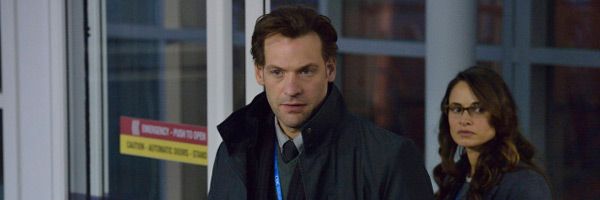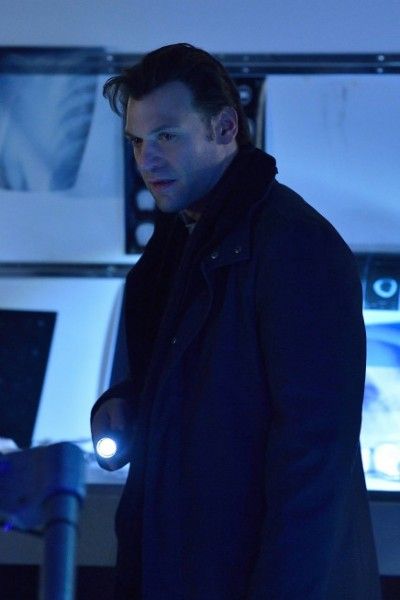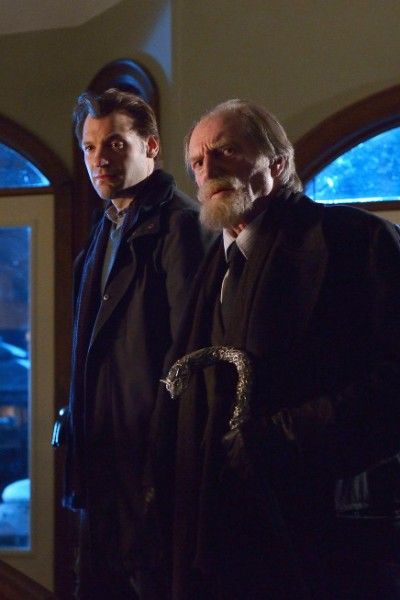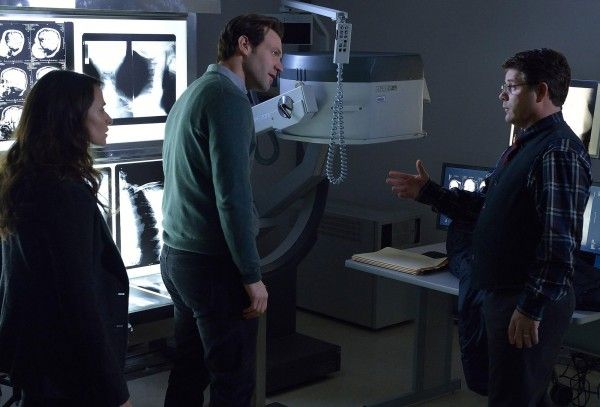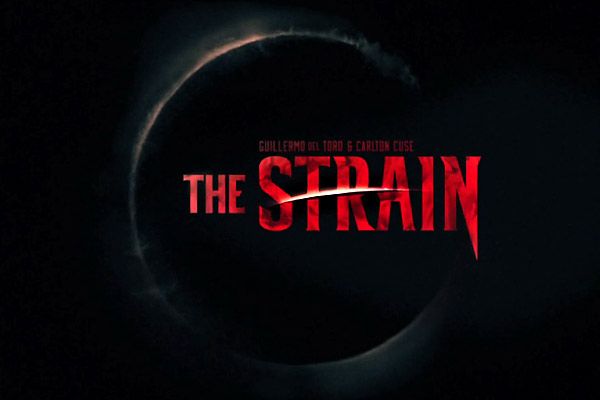From filmmaker Guillermo del Toro and showrunner Carlton Cuse, The Strain tells the story of an epic battle for survival between man and vampire. When Dr. Ephraim Goodweather (Corey Stoll), the head of the Center for Disease Control in New York City, and his team are called upon to investigate a mysterious viral outbreak that is eerily similar to an ancient and evil strain of vampirism, they quickly realize that they are waging war for the fate of humanity itself. The show also stars David Bradley, Mia Maestro, Sean Astin, Jonathan Hyde, Richard Sammel, Kevin Durand, Miguel Gomez, Natalie Brown and Jack Kesy.
During this recent exclusive interview with Collider, actor Corey Stoll talked about what attracted him to The Strain, why his character isn’t an anti-hero, the great dynamic between Eph and Setrakian (Bradley), what David Bradley and Kevin Durand bring to the show, how fortunate he feels not to be stereotyped, his experience shooting Season 4 of Homeland in South Africa, being a part of House of Cards, and how thrilled he is to be doing Marvel’s Ant-Man. Check out what he had to say after the jump.
Collider: How did you come to this? Were you looking to do another show, or could you just not pass up this particular story?
COREY STOLL: I had been in the incredible position of getting a lot of offers during pilot season. Having fought for every job, up until then, and then suddenly there were all of these opportunities, we really looked at all of them and tried to just hold them all to the highest standard. Pilot season came and went, and I didn’t take anything. And then, I got the call about The Strain and flew out here to meet with Guillermo [del Toro] and Carlton [Cuse]. It was a combination of Guillermo and Carlton being masters of their medium. It’s a really exciting time on TV, where film and TV is really mixing and the lines are really blurring. The show is so cinematic, but without somebody like Carlton, who understands the form of episodic television so deeply and understands the strengths inherent to telling stories sequentially, and not just as one two-hour narrative.
It was just such a great combination of these two different ways of telling stories, coming together. And it was the character, who is human, charming and infuriating. Where he starts in the beginning of Book 1 to the last pages of Book 3, it’s incredible. It’s the kind of arc that you couldn’t have had, five or ten years ago, in TV. I don’t know who started it, but Walter White is the best example. It used to be that character was static and the plot flowed over them, like a rock in a stream. That was my experience on Law & Order. You’re just this character who’s there, as the plot goes around you. Now, characters can change and grow. We’ll see where he goes.
I don’t see Eph as an anti-hero. I don’t think he’s like Walter White or Don Draper or Tony Soprano. He’s going to be tested. He’s going to be doing things that he never thought he could possible do. He already has. I think one could rationalize it within the Hippocratic oath, but he’s started to do some stuff that’s not AMA approved. But, he is good. Whatever choice he makes, he is trying to do good. It’s just different from the trend of anti-hero, which is fun. Anti-heroes are fun, but in a world where the tragedy and the sorrow is so omni-present, I think it could get really brutal to have someone at the center who is compromised.
The relationship between Eph and Setrakian is such a great dynamic. How much fun is it to have someone like David Bradley to play with, and then to add Kevin Durand to the mix, as well?
STOLL: David and Kevin could not be more different from their characters. They’re both so unbelievably sweet and fun to be with, and their characters are a little grumpy. I don’t think I worked with Kevin, at all, until Episode 8, and with David, it was Episode 4 or 5, before we really got to have some scenes together. I’m so happy for him, and I’m happy the world is going to see more of him. And with Kevin, every time I had seen him in things before, I thought, “Who is that guy? He’s really good.” He’s getting a chance to play some colors that he hasn’t played before, and I think that’s really great. His heart is just as big as his chest, which is pretty formidable.
You’ve talked about seeing yourself as a character actor, but this show puts you in the leading man category. Have you felt a shift, in your career, with what you’re getting offered now?
STOLL: Yeah, I really feel incredibly fortunate to not be stereotyped. And it’s something that I and my representatives are very keen on preserving. I don’t know how to play myself. I’m not interested enough in myself. That’s just not how I was educated. That’s not how I learned to become an actor. Acting is creating a character. So, having an opportunity to play different characters, and work in different mediums, that’s what’s fun. The worst question you could be asked is, “What do you like better, film, television or theater?” Not that you asked that question, but it’s a bad question. Bad criticism has followed things like comic books or TV, and they put down a medium. A medium cannot be inherently good or bad. Certain media attracts more pulpy or low-brow things, especially when they’re young. Finding the best story, in any particular medium, is going to be as good, in any other medium.
What’s it like to go from doing The Strain to doing something like Homeland, while you’re waiting to find out about a Season 2?
STOLL: It was a great experience. Just being in South Africa was a little bit of a vacation. And it was interesting being on another set, with a fantastic cast and crew, but it didn’t feel like a TV show. That’s the thing that’s incredible now. I really feel like I went and did a small part in a film.
Did House of Cards feel like that, too?
STOLL: It did. That was the first time that I really got a sense of being able to build a character over time. Even though it’s so cinematic, in the style and quality, the journey that my character went through would have been almost impossible to really track in a feature film, certainly as a supporting character. That’s why it’s such an exciting time to be in TV right now. People are really understanding that TV isn’t lesser than film. It’s just a different medium.
Since he cast you in the role, were you disappointed about Edgar Wright no longer being attached to Ant-Man, or are you excited to work with Peyton Reed?
STOLL: I’m absolutely thrilled! Reading the script – and the script that Edgar wrote, and the script that there is now – it’s insane that this movie hasn’t been made before. Obviously, you need the technology because it needs to look great. But the whole idea of the changing of scale and the experiential effect of size changing is just so cool. You read these scenes on the page, and I just got giddy. I think it’s gonna be so much fun. You can get a little fatigued with superheroes because everybody is just punching everybody, or shooting everybody with ray beams. This is a completely different kinetic experience in the theater. Shrinking and growing back, there’s just so much material there to root it in. I think it’s gonna be great.
The Strain airs on Sunday nights on FX.

